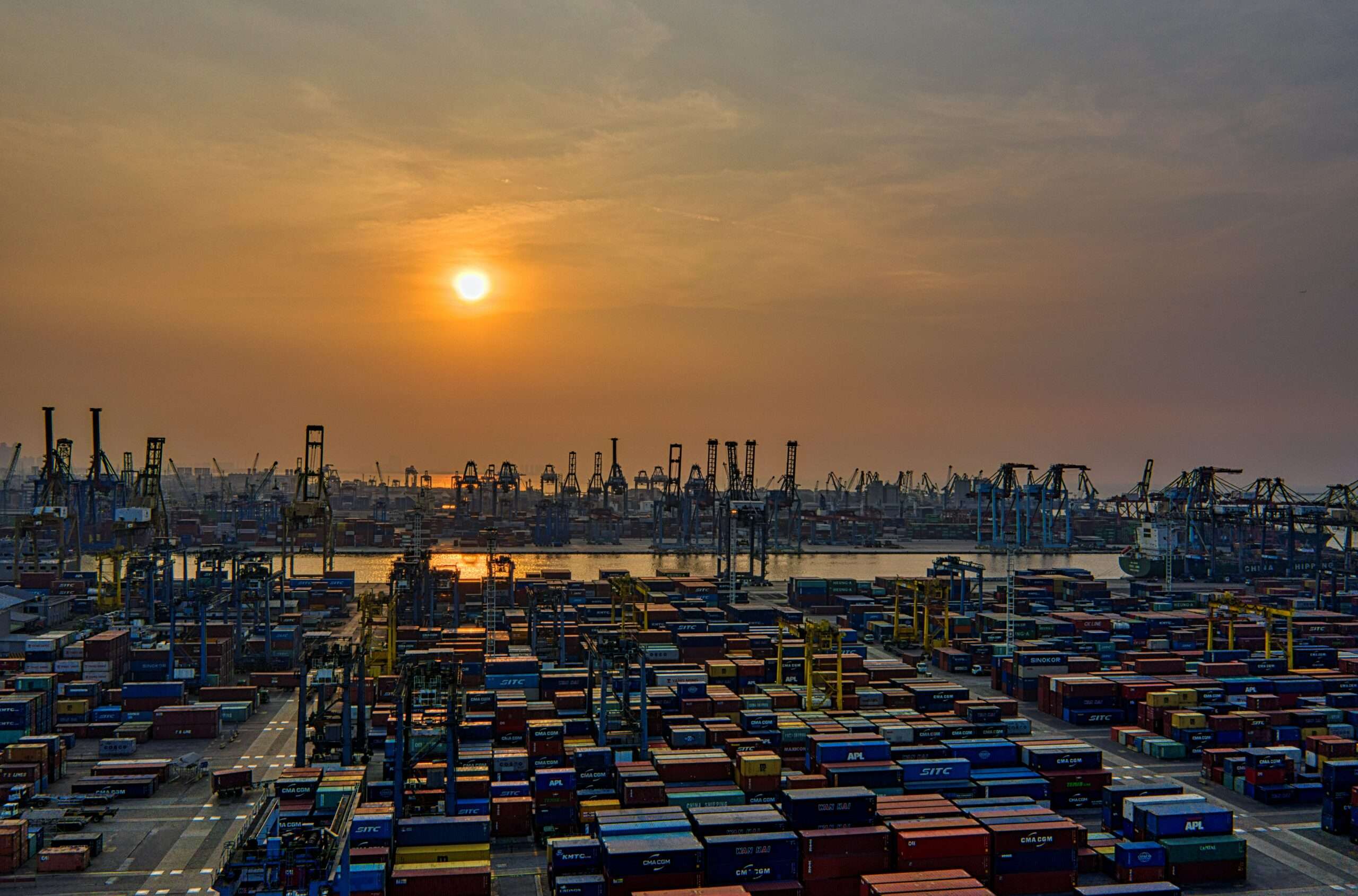
Photo by pexels-tom-fisk-3057960
We live in a globalised economy, where companies import and export goods from different countries. Aspiring entrepreneurs understand that international trade is essential to creating a successful business.
The current economic system is very different compared to previous centuries where contemporary entrepreneurship was mainly based on international trading. A brand couldn’t only be focused on the domestic market as in the past.
Technology has also improved and made much easier commercial relationships among countries. An example is air flights, which made the transportation of goods quicker and more effective between different countries.
Even the advent of the World Wide Web facilitated international communication between distant individuals. All these factors have contributed to boosting the whole process of globalisation and internationalisation during the latest decades.
These events recently contributed to increasing creativity and innovation in different industries, where a creative economy is emerging in various international markets.
Understanding that this process dramatically impacts culture and society is very important since international trade can be a fantastic occasion to facilitate the relationships between countries. Subsequently, it can be a circumstance to ameliorate the connections between different populations and communities.
How does trade affect culture?
Trade can have a significant impact on the culture and the society of different nations and international trade in cultural goods and services can be an excellent developing opportunity for many countries. Cultural trade represents a bridge between creativity and globalisation, providing many benefits to emerging market economies.
International business relations are deeply linked to different factors such as economics, politics, society, technology and environments. Mainly, imports and exports can influence various cultural aspects based on a specific foreign market rather than another.
When a company decides to sell its products to many nations, it is important to recognise the cultural differences in particular countries.
Analysing a specific country’s culture has a profound impact on the success of commercial negotiations; the marketing department should realise how to manage a practical and attractive promotional campaign to attract significant interest in a foreign market.
It’s essential to highlight that international trade can substantially impact different cultural levels of a specific nation. There are specific segments to consider:
- National culture
- Industry culture
- Individual behaviour
- Company culture
Trades can effectively influence these layers and hugely impact a specific population’s culture and behaviour. Essentially, international business can be a concrete vehicle of cultural enrichment and development between two nations.
Why would trade lead to cultural exchange?
Our current society has seen entire globalisation and rapid technological developments during the recent decades, with companies from distant countries and continents establishing deep relationships. Successful entrepreneurs are more and more interested in international trade among many nations.
The essential factor is that international trade can effectively produce engaging and immersive cultural exchange between distant nations. In essence, entrepreneurship became a special occasion for sharing exciting and captivating cultural values, traditions and ideas.
This process has benefits because it favours many countries’ peaceful, productive, prolific relationships. Hence, trading activities can be an unprecedented step toward building a happier and trouble-free World.
Additionally, cultural exchange stimulates cooperation, understanding other populations, peaceful relationships, economic growth and higher well being in different nations. Globally, trade can be a vehicle to favour peace and prosperity around the World, and can be a force to dismantle prejudices, racism and rivalries.
How does culture influence international trade?
International business is also established on studying and analysing different cultures and populations. In fact, culture has a profound impact on human behaviour and psychology, which can ultimately have an influence on business activities and initiatives.
When a company wants to enter a foreign market, it should take into account the target culture well. For instance, an American company exporting specific goods to Germany will need a marketing strategy that will be based on the study of German culture.
This factor is significant, especially when a multinational company has to export its products to multiple foreign markets.
Business executives should realise that every nation has a different culture, and it is vital to adapt products to the mentality of a specific country. Other populations can differently perceive personal style since some countries, like Germany, tend to prioritise formality.
Other nations, such as the United States, have more relaxed standards. Mainly, negotiations in the foreign markets should be modified according to these cultural perceptions.
Is trade a culture?
Today, many advanced technologies such as aeroplanes allow having a great connection among distant countries. The Internet’s potential makes communication possible between citizens in different parts of the World. All these factors favoured international trade and cultural exchanges among various areas of our Globe.
Trading can be considered a cultural factor involving many parts of human behaviour. Commerce certainly influences our psychology’s societal, personal or financial aspects, while marketing and branding is not to be disconnected from a specific country’s cultural values and ideas. In fact, there is a deep and comprehensive relationship between these two sides.
Culture can be considered a complex and multifaceted concept linked to an ethnic group. Every country has a specific language, education system; social habits, spirituality and core values and each of these elements can have a concrete affect on business choices and decisions. For this reason, trading in a foreign market is a genuine act of cultural exchange, communication and enrichment.
What are the impacts of trade?
Many companies have reached high levels of success through advanced transnational relationships. Trading to foreign markets is an essential step to achieving corporate success at a global level. Trades between different countries have a substantial impact on people and society.
During the latest decades, international trading greatly impacted poverty and favoured economic growth in different parts of the World. Many countries decided to participate in new trade agreements to stimulate national development.
Commercial activities among distant nations supported creating new jobs and professional opportunities.
Indeed, trades have a vital role in improving the conditions of well-being in a specific country. They also contribute to a change in lifestyle and encourage the transformation of a rural society to an industrialised economy.
Many studies from the World Bank clearly show that global trade has the absolute power to reduce poverty and inequality. Commercial relationships among distant countries are a concrete opportunity for change, development, enrichment and progress.
Why is trading across cultures a good thing?
Today, a globalised economic system allows companies to establish trading relationships between distant countries. Contemporary entrepreneurship relies on connections among multinational companies on different continents, creating a process of profitable and fruitful cultural exchanges.
Commerce isn’t only based on selling and distributing goods or products. It’s also built on human interactions and the sharing of cultural values and ideas.
Trading among nations represents an outstanding contribution to a specific population’s cultural enrichment and development, and commercial interactions play a huge part in developing countries. This is another reason why there is interest in international trading activities in cultural goods and services.
A globalised economy is essential to favour the advancement and improvement of various areas of the World. These changes offer not only economic benefits but also cultural advantages.
Mainly, cultural trade is influential in many nations’ advancement and industrialisation. The free market is a tremendous opportunity to encourage different populations’ well being and happiness, especially considering the impact of international trading was powerful on emerging economies such as China and India.
Furthermore, commercial relationships also contribute to promoting more creativity, innovation and ideological and technological advancement.
Are you planning to create a new brand? Do you want to export your goods and services around the Globe? Do you desire to reach customers from different continents? Brilliant! You must understand that the World Wide Web is the best answer to concretise your dreams. Today, you can build an online company and contribute to the World’s cultural and economic development. Through WordPress, you can quickly craft your corporate website, even if you don’t have advanced coding skills.
It’s essential to choose the right web hosting provider to reach the highest levels of visibility and efficiency? Do you need support according to this direction? HostHelp is the most definitive answer to your needs! Contact us for a free consultation at info@hosthelp.net! Check our website at www.hosthelp.net!








